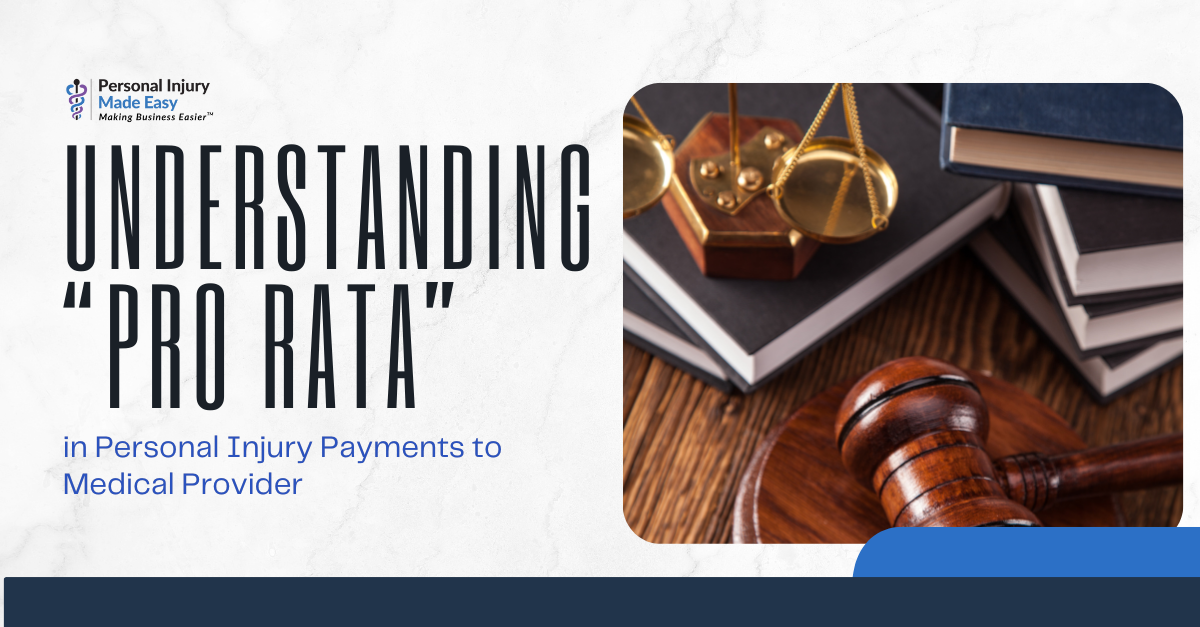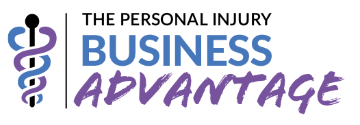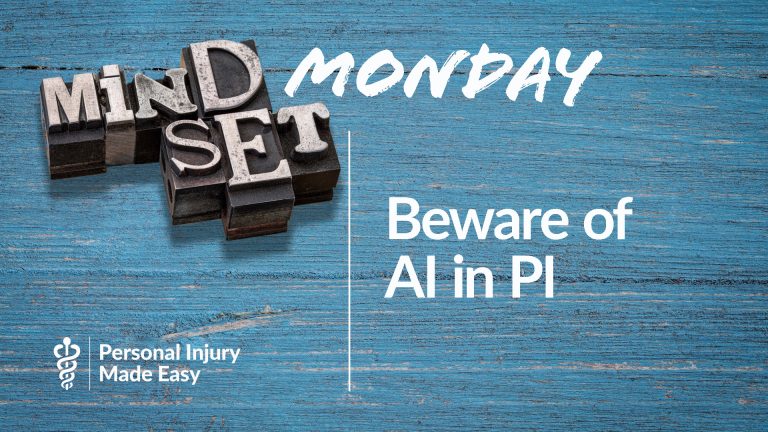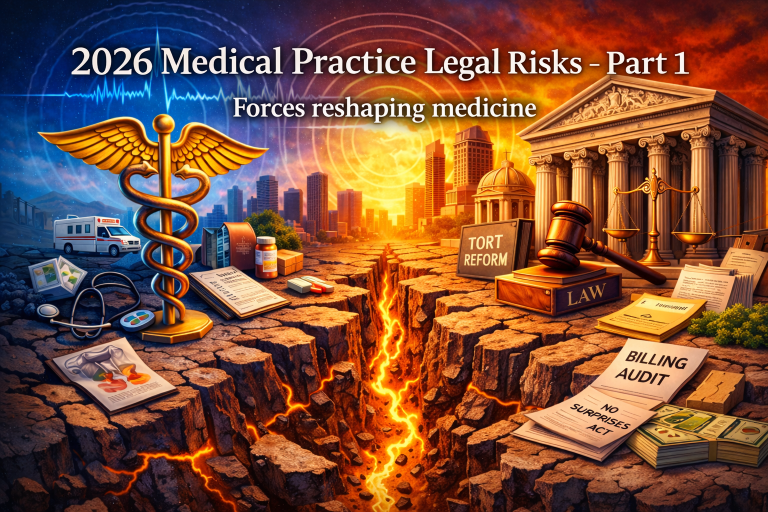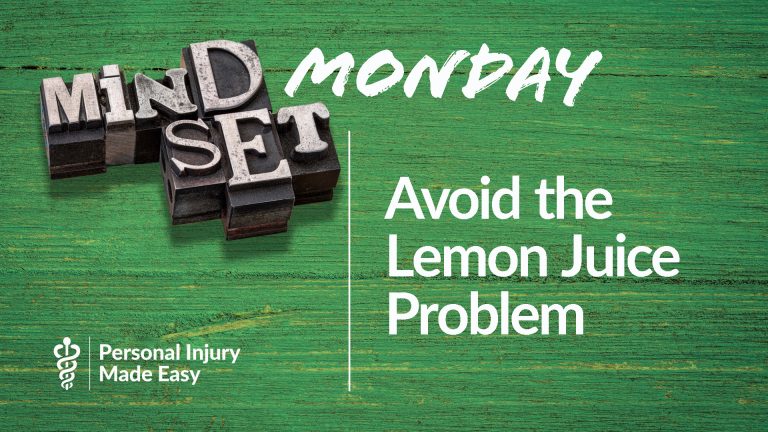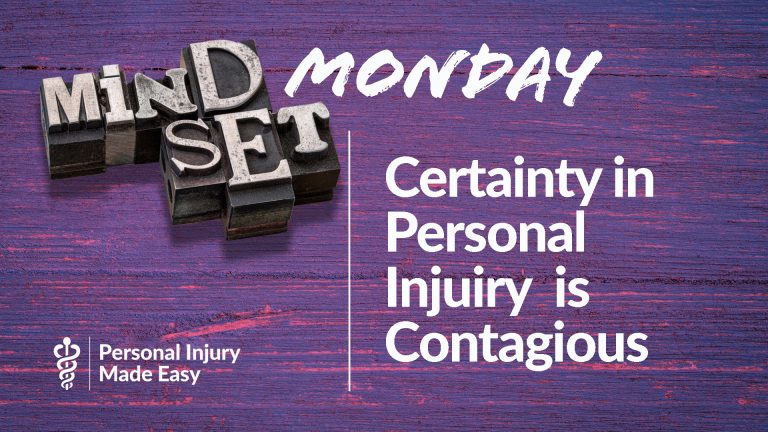
The Power of the Pause in Negotiations & Communications
How Emotional Control Turns Pressure into Performance, and Conflict into Clarity
Let’s talk about one simple habit. One that can change the way you lead, negotiate, and live.
It’s not a software tool.
It’s not a legal strategy (okay so it’s part of mine).
It’s not even something you have to buy.
It’s the “pause”.
As I teach and train medical offices in the DISRUPTIVE Method of business negotiations, the last letter of “DISRUPTIVE” is one of the most powerful: the letter E.
“E” stands for Emotional Awareness, Emotional Control.
But let’s be clear. This is about more than just how to out-negotiate a law firm.
Yes, it applies when you’re fighting to get paid fairly on a personal injury case. But it also applies when you’re fighting to protect your team, your sanity, your reputation, or your relationships.
It’s about knowing how to win the moment before you ever open your mouth.
What Is the Pause?
When someone challenges you, criticizes you, or throws shade your way, you don’t have to react. You want to. We all do. But you can restrain a reaction.
The pause is not weakness.
It’s not freezing.
It’s not avoidance.
It’s power.
It’s composure.
It’s the space between the trigger and your response.
In a busy medical office, especially one handling PI cases, you already know how fast things can escalate. Law firms push your buttons. Team members make mistakes. Patients raise their voices.
And in those moments, it’s easy to let emotion drive the wheel. You snap back. You raise your voice. You let your emotions, not your strategy, take over.
That’s a reaction. And reactions? They’re quick. They’re hot. They’re impulsive. They’re not thoughtful. They’re emotional reflexes, and where the phrase “knee-jerk reaction” came from.
And afterward, they often leave behind a mess: Regret. Broken trust. Missed opportunities.
The Power of Response
Now imagine this: A PI attorney calls and says, “You overtreated. You overbilled. We’re not paying that.”
The old version of you? You’d get flustered. Defensive. Maybe even hostile.
But the new you? You pause. You breathe. You assess before you respond.
You assess not just what they said, but why they said it, how they said it, and what you want the outcome to be.
The pause gives you control over your next move. It’s how you can control negotiations and communications by literally not saying a word … until the right time.
Think of it like checking your blood pressure before deciding what to do. You get a read, not just on the other person but also on yourself.
That pause lets you shift from reactive to strategic. From flustered to focused. From emotionally hijacked to emotionally strategic.
The Real Reason This Works
Here’s what great negotiators already know:
Negotiation isn’t about being louder or being faster. It’s about being clearer, calmer and staying in control, which then allows you to control the communications.
When you pause, you’re not “letting them win.” You’re making sure that you win, not just the moment, but the message and the outcome.
Whether it’s a law firm, a staff member, or a patient, your ability to control your emotional state becomes one of your biggest advantages.
Make the Move & Hit the Button
So, here’s your next move, simple but powerful:
Hit the pause button.
Breathe. Reflect. Respond—not out of emotion, but out of purpose.
And then watch what happens:
Conflict turns into clarity. Arguments shift into dialogue. Chaos fades and relationships you want and outcomes you desire rise.
That’s the power of the pause.
It transforms pressure into performance.
It turns emotion into advantage.
It makes you the calm in the middle of the storm.
So, the next time things heat up, use the power of the pause.
It’s one of the many reasons why the DISRUPTIVE Method of negotiations can have you winning any argument, with anyone, on anything.




